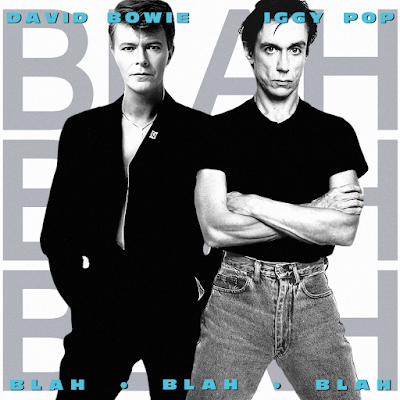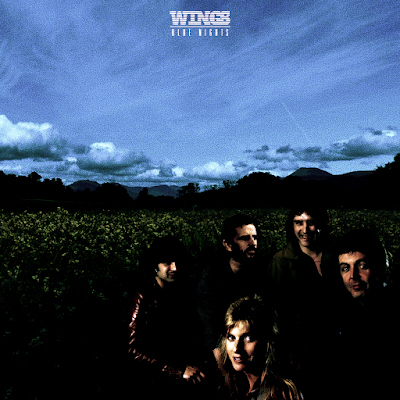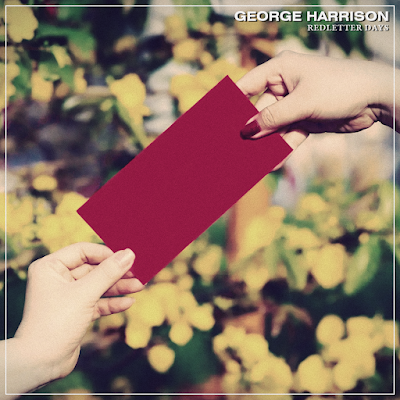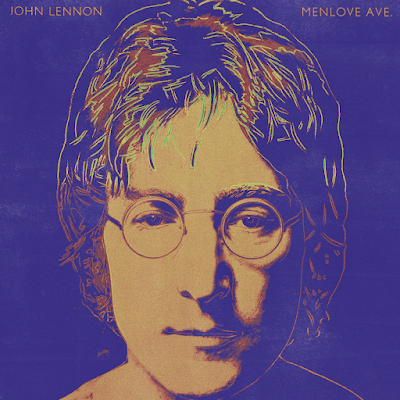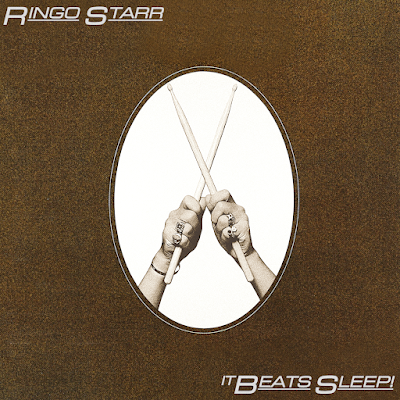Bowie's Silhouettes World Tour had ended in 1984, and he was left a wreck. It was his first large (mostly) drug-free outing in what felt like forever, and Bowie didn't have anything to keep him going. Bowie finished his Serious Moonlight album in mid 1984, and then he rested. Similarly to directly after the Beatles disbanded, he turned to films to keep him active. He had a starring role in Absolute Beginners and provided the title song that became a chart hit when it was released as a single. His only other major film outing during this time was Jim Henson's Labyrinth. Henson wanted him to star as Jareth in the film, but Bowie just didn't have it in him for another major film role. He did however work with Sting, formerly of the Police and the new actor for Jareth, in writing songs for the film that would come to be known as some of Sting's best solo work. For Bowie however, that was basically it when it came to big projects for the time being.
Until his dear friend Iggy Pop rang him up to help him on his new album. The two had met in 1971 and spent much time together in Berlin where each of them had a rebirth in their respective careers. Bowie accepted his offer, and he became the album's co-producer alongside David Richards. As the sessions went on, Bowie decided to pitch more and more of his own songs to Pop for use on the record (a few of these being songs that Bowie wrote for Labyrinth that went unused) until Pop had the bright idea to make it an official collaboration album between the two artists. Bowie reluctantly agreed, but it paid off in the end. The two were musically in sync, and their styles were nearly identical. The last thing that was added to the album before its completion was Paul McCartney's backing vocal on "Shades", marking another temporary Beatles reunion.
The album released on June 9, 1986 to mostly negative reviews, with critics saying it was "the most calculatedly commercial album of the two men's careers". The album's title, Blah-Blah-Blah, really fit the tone of the album, and Bowie and Pop knew it. Both of them would retrospectively disown the album, with Bowie calling it his "nadir".
This album would mark Bowie's final solo album of the decade. Following the Beatles' dissolution, he had grown massively not only as an artist but as an entertainer as well. But deep down, he missed playing with his old bandmates, and he was sure that they would share the same sentiment. It would later be shared with the public that Bowie booked several meetings with higher-ups from Apple Corps in late 1986, but for what purpose hasn't been shared publicly. Although sooner than later, it became obvious.
